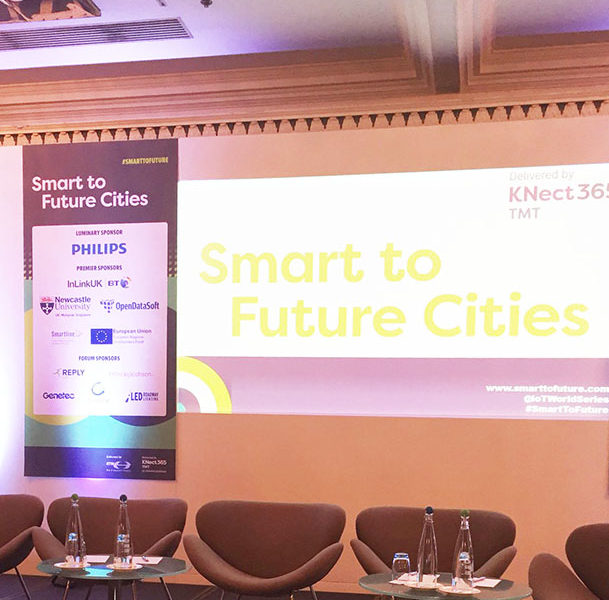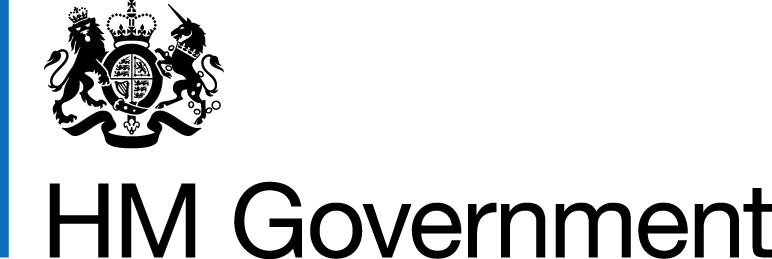Smartline pioneering at conference

Dr Tim Taylor, Smartline Principle Investigator, describes his sense of pride after presenting at the IOT World Series Smart to Future Cities Conference:
I didn’t quite know what to expect going to my first conference relating to the internet of things and smart cities to present Smartline. Would Smartline compare favourably with other projects going on in this area? Would there be interest in what’s going on in Camborne, Pool, Illogan and Redruth at a Smart Cities event showcasing the potential of the “internet of things”? What would we learn that we could bring back to Cornwall and share with businesses and our participants? I think Laurie, Darren, Krisztina and I were all not quite sure what to expect.
As it turned out, it was an excellent event and we gained a lot from meeting with others working on similar issues. Key highlights for me were:
- A talk on smart lighting by Philips Lighting – who showed the savings that Cardiff have made by installing smart lights that could be better centrally controlled;
- Seeing what is going on in Newcastle around air pollution sensing and the installation of sensors in a new development on the site where Newcastle Brown Ale used to be made; and
- Learning about the potential for “blockchain” coding to transform services. Blockchain is the system that underpins Bitcoin – and is being used in a number of applications in finance and beyond.
Our stand was very popular – with people from around the UK and across Europe coming to chat about the Smartline project. We were ably supported by Invisible Systems – who provide the sensors – and Urban Tide – who bring all the data together in a secure way for us to analyse it.
We heard of how other projects have struggled to recruit participants to trial sensors – and it is thanks to Coastline Housing and our wonderful participants that we are going to have a really good dataset that we will be able to use to look at a number of critical issues to do with health and wellbeing and property maintenance. It was also apparent that Smartline is taking a more holistic approach to the use of Smart technology in comparison to other projects, putting individuals and communities at the centre of the project rather than the technology, the benefit of being multidisciplinary rather than IT focused.
The “Internet of Things” came up again and again – with the potential use of data feeds from different technologies in and around houses being highlighted. The uses of the Internet of Things in helping improve services for those using social care was particularly telling – in a time when budgets are being squeezed from all sides.
Before our presentation there was a particularly interesting talk on Groningen in the Netherlands. Groningen are looking at the potential applications of 5G mobile signals – with driverless cars being one application. Hydrogen cars are also being explored – someone has even converted a Tesla to run on hydrogen and renamed it a “Hesla” to show the potential of this new technology.
Laurie and I then presented the Smartline project. Laurie gave the overview and I highlighted some of the key areas of research and some small case studies of how businesses have been involved. I think in general, people were impressed with how far we have come in such a short time and are keen, as are we, to see the results as the project moves into its next phase. There is growing interest in moving “Smart” from the cities to the regions – and Smartline is a pioneer to some extent in this.
We can be proud of what we have achieved so far. Smartline has great potential to give insights developing “smart” communities and improve health and wellbeing.
I’m really excited about what the next year will bring, with the roll out of the tablet computers and a growing “Researcher in Residence” programme to help local businesses. The Internet of Things offers a lot of potential for Cornwall and we should take hold of the opportunities.


